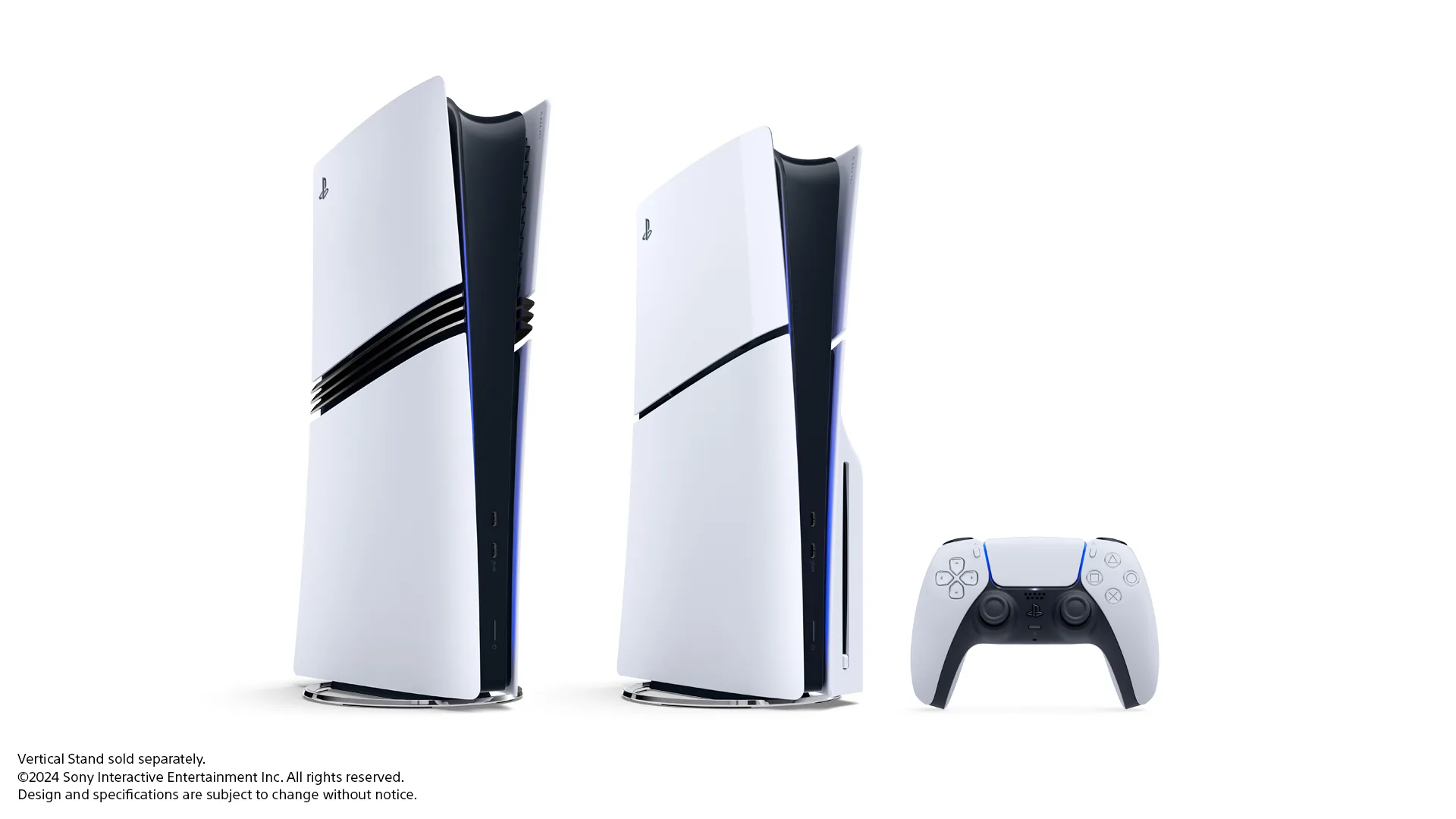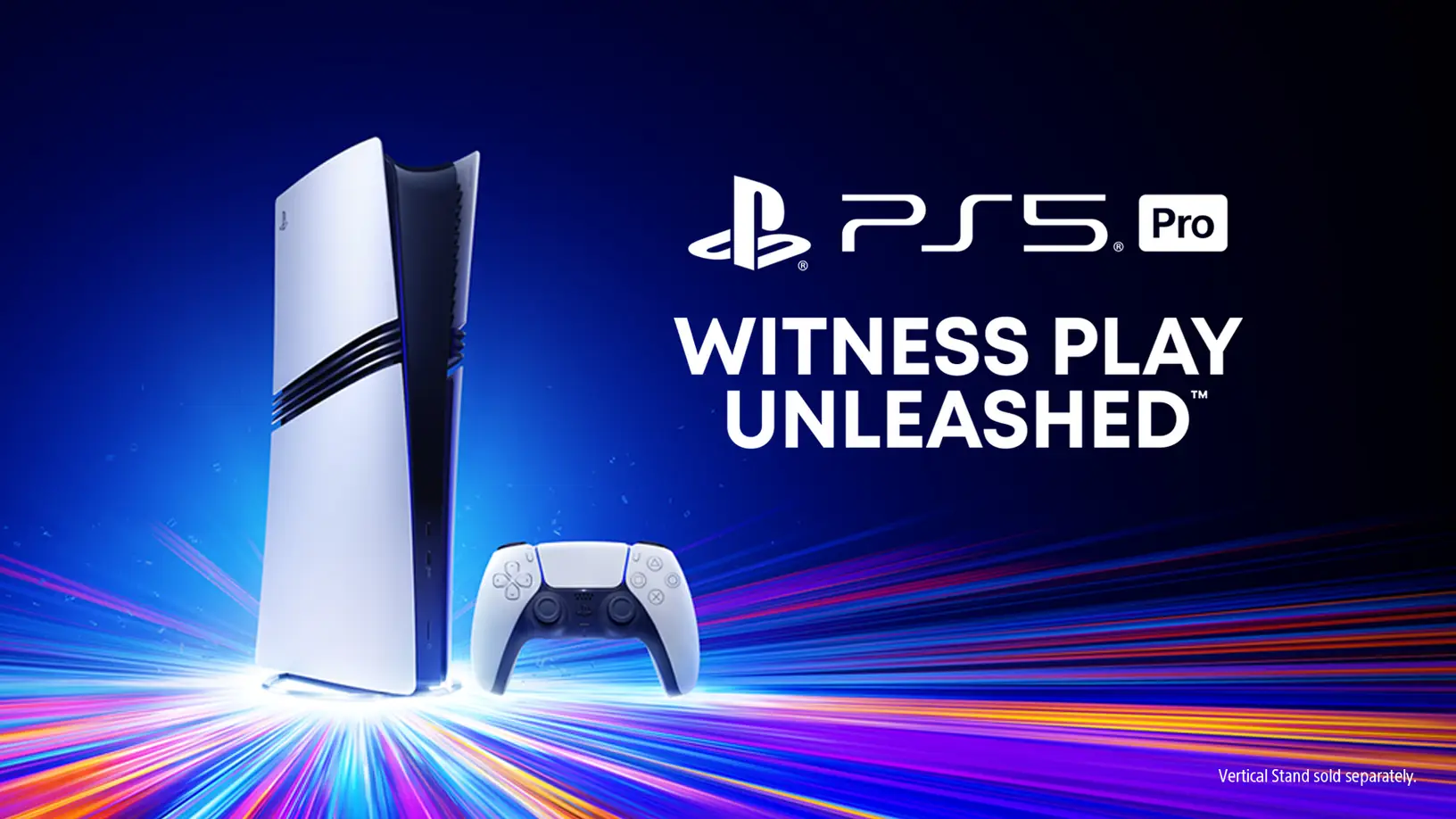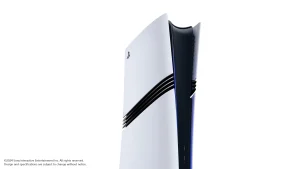On December 9, twin U.S. lawsuits against Facebook were launched
that will shape the competition and privacy landscape for years to
come. They were initiated by the U.S. Federal Trade Commission
(FTC) and a coalition of Attorneys General from 48 U.S. states and
territories 1. They both allege that Facebook is
illegally maintaining its monopoly in the U.S. personal social
networking services market through a persistent pattern of
anti-competitive conduct which includes acquiring nascent rivals,
most significantly Instagram and WhatsApp.
What you need to know
- These lawsuits follow a recent trend
of worldwide government inquiries and anti-trust lawsuits and
investigations seeking to address market dominance and future
innovation in Big Tech. The Facebook challenges come at the same
time as three U.S. anti-trust cases against Google alleging that,
among other things, Google monopolized the search and search
advertising markets through an array of anti-competitive and
exclusionary practices that allowed it, like Facebook, to also
create a “moat around its kingdom”. - The FTC and the coalition of states
are seeking remedies that could require Facebook to divest
Instagram and WhatsApp, or effectively “break up”
Facebook’s businesses, as well as other remedies to
“restore competitive conditions”, including prohibiting
Facebook from imposing anti-competitive conditions on software
developers to access its APIs and data. - These actions also recognize
diminishing user privacy protections as an important type of
consumer harm in and of itself. Specifically, the States’
claims point to Facebook’s degradation of privacy protections
and options as a specific form of anti-competitive user harm
directly resulting from Facebook’s market dominance and lack of
meaningful competition. - Traditionally, market harm is
measured primarily in terms of prices but, with offerings priced at
zero, consumer harm will also be measured in terms of quality. What
is unique about the Facebook cases in particular, is the prominence
of the quality of privacy safeguards as a critical aspect of
service quality and its erosion as an important indication of
market power and lack of effective competition. Given the
convergence of competition, privacy and consumer protection law,
here are a few guideposts from these cases to keep in mind looking
ahead:- M&A transactions that involve
aggregation or acquisition of either sensitive consumer information
or large quantities of personal information should consider:- In digital markets, even
complementary product or service acquisitions may raise significant
issues if the target’s offering could be considered a potential
competitor because its offering is a potential “wedge”
into the acquiror’s market and/or because it had the potential
to create a network or social graph to map and connect users who
could have become future customers. - Even if a service is offered for
free, a merger could result in a material erosion of important and
valuable data privacy features in terms of product quality, deeming
it anti-competitive. - A series of small acquisitions could
raise significant issues if it is found to be part a practice of
buying or killing incipient competitors and/or squelching
competitive innovation. - Any post-closing amendments to
privacy policies and user data handling practices should carefully
consider the impacts of those changes from a consumer choice and
privacy perspective (e.g., preferences regarding content being
shown; availability, quality and variety of data protection; change
in product functionality or use; user experience; users’
control of their information).
- In digital markets, even
- Dominant digital players must be
careful in crafting exclusivity arrangements and conditions for
third-party partnerships or access to their platforms to avoid
allegations of abuse of marker dominance. - Organizations that hold a significant
amount of consumer data, unique consumer data sets or particularly
sensitive consumer data should be aware of an increased focus on
their conduct by regulators and ensure they are meeting privacy and
data protection obligations, including being transparent about
their data collection and handling practices, to combat any
perception of abuse of dominance.- Where organizations use or combine
data that is collected from other sources (e.g., third parties,
affiliates, other platforms), organizations should ensure they have
users’ consent to process their information for contemplated
purposes.
- Where organizations use or combine
- M&A transactions that involve
The lawsuits
The FTC and the States Attorney General cases allege that
Facebook is illegally maintaining its dominance through years-long
anti-competitive practices in the personal social networking
services market.
While initiated separately, the 48 Attorneys General, who
launched that States’ claim, now seek to consolidate their case
with the FTC’s. On December 18, the Attorneys General filed a
motion to consolidate in the U.S. District Court for the District
of Columbia, arguing that the States’ claim and the FTC’s
claim have common issues of fact and law.
The FTC’s claim
The FTC claim alleges three main elements to Facebook’s
course of anti-competitive conduct: its acquisition of Instagram,
its acquisition of WhatsApp, and the anti-competitive conditions to
permitting access of its platform.
Facebook acquiring Instagram
The FTC alleges that by acquiring Instagram, Facebook eliminated
it as competitive threat to its social network dominance. It
alleges Instagram was a digital service offering that could have
been a viable “wedge” into broader social activity and
sharing on mobile to mature into a competing personal social
network. The FTC’s claims are based on the proposition that
network effects grow around social products, like photo sharing,
and because there are only a finite number of different social
mechanics to invent, by buying Instagram, a competitor was
neutralized.
Facebook acquiring WhatsApp
Similarly, the FTC alleges that Facebook feared WhatsApp for
similar reasons and decided to acquire it rather than compete to
neutralize another significant competitive threat to its personal
social networking monopoly. In addition, the FTC claims that
Facebook has harmed innovation by keeping WhatsApp limited to
providing mobile messaging rather than allowing it to offer
competing personal social networking functions.
Facebook maintaining and enforcing anti-competitive
conditions for platform access
The FTC claims Facebook Platform, an infrastructure which
encouraged software developers to build apps and tools that
integrate with Facebook, used its market power to deter and
suppress competitive threats to its personal social networking
monopoly. It argues it did this through practices that deterred
software developers from developing features which would pose a
competitive threat to Facebook, and where such competitive threats
were identified, terminated their access to the application
programming interfaces (APIs) on which those services relied.
The States’ Attorney General claim
While substantially similar to the FTC’s claim, the
States’ claims against Facebook are notable for two
reasons:
- in addition to Facebook’s
acquisition of Instagram and WhatsApp, the States outline a series
of other transactions that point to Facebook’s “buy or
bury” anti-competitive tactics to maintains its monopoly;
and - the States’ focus on the erosion
of user privacy protections and options as further evidence of its
monopoly power.
Facebook’s “buy or bury” strategy
It is alleged by the States, that in response to threats by
other applications, Facebook’s strategy was to buy or bury
rival companies which presented a viable competitive threat to its
monopoly. This was done using a two-step approach—first,
Facebook would attempt to acquire the competitor, and if
unsuccessful, it would use its dominance to block these potential
competitors’ access to key inputs.
Degrading users’ privacy
The States’ claim against Facebook further highlights the
intersection of privacy and competition. The States argue that
Facebook’s unlawful monopoly power gave it “wide
latitude” to: set the terms on how users’ personal
information is collected, used, and protected; determine how and
when content is displayed to users; and control how users engage
with their connections and what content they see when they interact
with them.
The States further argue, that as Facebook’s control of the
personal social networking market grew through acquisitions, its
incentives to protect user privacy diminished. Early in its
history, Facebook had used privacy as a competitive differentiator.
Initially, Facebook was sensitive and responsive to users’
feedback on privacy as it strived to distinguish itself from
Myspace, then the dominant player. But once the competitive threats
from Myspace, and then Instagram and WhatsApp, abated, Facebook
then reneged on its pre-acquisition promises or became more
aggressive about collecting data on its users’ off-platform
activity and pushing users to make more information. The States
allege, that with every privacy policy update, Facebook steadily
increased the richness of the data it collected and retained while
expanding what it did with that data and limiting the user
options.
The States pointed to Facebook’s inaction regarding fake
accounts, the proliferation of ads, and collection of additional
personal information consumers might otherwise be reluctant to
share as tangible examples of user harm due to Facebook’s
degradation of data protection and privacy options.
Canadian comparison
In comparison to the United States’ ability to retroactively
divest or dissolve a merger, the Canadian Competition Bureau’s
reach is more restricted. The merger provisions of the
Competition Act allow the Commissioner of Competition
(Commissioner) to apply to the Competition Tribunal (Tribunal) to
dissolve a merger that prevents or lessens competition
substantially. However, the Competition Act requires such
an application to be made within one year of that merger being
substantially completed. As such, the Commissioner would be unable
to unwind the Instagram and WhatsApp mergers under the
Competition Act’s merger provisions based on the same
facts as presented.
However, apart from the merger provisions, the
Competition Act’s abuse of dominance
provisions provide another avenue for the Commissioner to challenge
Facebook’s conduct, including past mergers. These provisions
are aimed at preventing a dominant firm from engaging in conduct
intended to eliminate or discipline a competitor or deter entry or
expansion by competitors. A practice of systematic acquisitions
aimed at eliminating nascent competitors could fall within the
scope of this provision2.
Under the dominance provisions, the Tribunal may make an order
prohibiting the dominant firm from engaging in the practice. It may
also make any remedial order that is reasonable and necessary
(including ordering a divestiture of assets or shares) to restore
competition and may order the dominant firm pay an administrative
monetary penalty of up to $10 million (for first-time
offenders).
The abuse of dominance provisions also have a limitation period,
albeit three years. Accordingly, if the Commissioner could prove
that a series of mergers were part of a single continued practice
of anti-competitive acquisitions which continued until less than
three years prior to an application, he could attempt to seek such
a remedy. As of yet, a merger has never been unwound by way of
abuse of dominance provisions.
Implications for business
The recent actions of the FTC, the Department of Justice, and
the coalition of State Attorneys General demonstrate that
regulators are taking a broader view of the interplay between
privacy, consumer choice, and competition in monopolization cases,
which is also emerging as a global theme.
Going forward, businesses that are engaged in the digital
economy should be aware that the Competition Bureau’s
enforcement initiatives will continue to be focused on this sector.
Increased enforcement by foreign anti-trust regulators will likely
continue to exert pressure on the Competition Bureau to enhance its
enforcement efforts. As such, businesses in the digital economy
contemplating M&A transactions or engaging in conduct that
could affect competitors should recognize that they are more likely
to face scrutiny from the Competition Bureau.
Footnotes
1
Complaint for Injunctive and Other Equitable Relief, Federal Trade
Comm’n v. Facebook, Inc., No. 20-cv-03590 (D.C. Dec. 9,
2020); and
Complaint, State of New York v. Facebook, Inc., No. 20-cv-03589
(D.C. Dec. 9, 2020).
2 For example, in Laidlaw, Tribunal found
sufficient support to find an overarching purpose to monopolize the
market through a pattern of acquisitions itself, which led to the
finding that the serial acquisitions were a single continued
practice of anti-competitive acts. See Canada (Director of
Investigation and Research) v. Laidlaw Waste Systems Ltd.,
(1992), 40 C.P.R. (3d) 289 (Comp. Trib.)
[“Laidlaw“].
The content of this article is intended to provide a general
guide to the subject matter. Specialist advice should be sought
about your specific circumstances.































